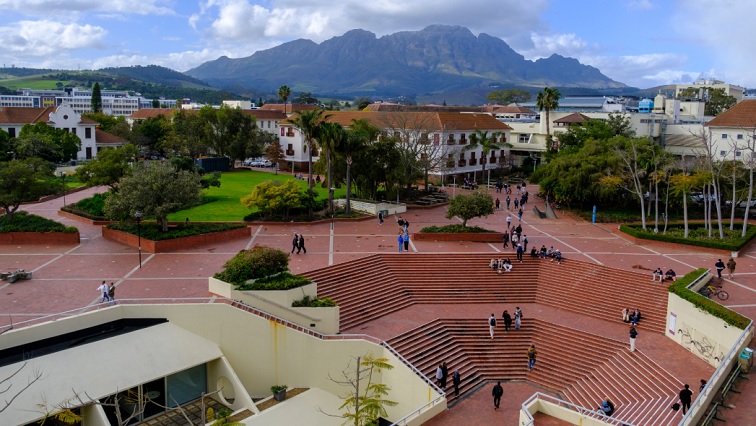-
Judge Nambitha Dambuza
Constitutional Court Justice Nambitha Dambuza says the reopening of inquests into apartheid-era murders reflects the enduring reach of the law.
She was delivering the annual Griffiths and Victoria Mxenge Memorial Lecture at Nelson Mandela University.
The lecture honours the legacy of the late Griffiths and Victoria Mxenge, both anti-apartheid activists and legal practitioners. Griffiths Mxenge was assassinated by apartheid security forces in 1981. His wife, Victoria, was murdered in 1985.
Dambuza says the lecture’s theme: “Holding out for the long arm of the law”, represents the prolonged wait by families for justice, with the reopening of inquests offering renewed hope.
“The inquest will ensure that the families get the closure they need, they will go to court and this case will be re-evaluated,” says Dambuza.
She also emphasised the importance of public accountability in a democratic society, warning that misuse of power becomes more likely as the country grows more comfortable in its democracy.
“The public has the right to hold people in power accountable, through the right channels anything is possible,” she says.
Mxenge family member, Lulama Mxenge, welcomed the continuation of the memorial lectures, saying: “We’ve attended these lectures, and I am happy each time. It shows that their legacy continues to live on.”
Dambuza said delays in apartheid-era inquests were due to the lack of accountability under the previous regime. She added that with the current constitutional framework, there is no longer an excuse not to pursue justice.
Adv Mantula weighs in on NPA’s decision to reopen the Luthuli, Mxenge inquests:











